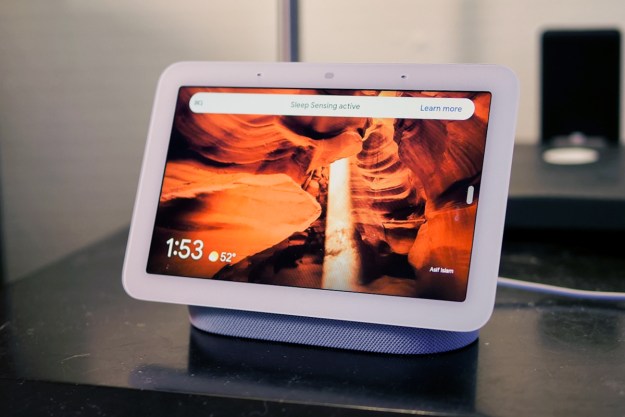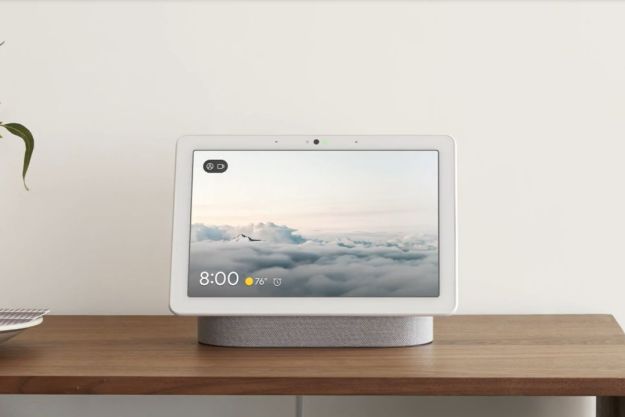Lighting within a home is very important. It is no wonder that most people’s first foray into smart tech involves an LED bulb. For most smart bulbs, altering the color and settings requires either a Bluetooth or WiFi connection. With the Heelight smart bulb, all it has to do is listen.
Heelight smart bulbs don’t need the internet to communicate with an owner. Instead, it listens for digital sound commands coming from a companion app. Every color, mode, or brightness setting corresponds to a specific sound. Some might see this as a disadvantage, but a few chirps from a smartphone are enough to adjust between 16 million color options.
Picking the right lighting can be a daunting task. To make the decision easier, Heelight comes with 30 different modes meant to fit certain scenarios. Playing music with friends? This smart light bulb listens to the music to create the right mood. Brightness and color don’t just reflect the beat of the music — they change with the mood as well. During birthday celebrations, another mode turns Heelight into a candle. After blowing on the bulb for a second, the bulb will switch off.
While some modes may feel like a gimmick, others have a more practical use. When you’re reading a book, Heelight can glow with a bright, white light to prevent your eyes from straining. As a night lamp, this bulb listens for people getting up in the middle of the night. When it detects activity, it slowly brightens so users can find their way. When things get quiet again, the light dims itself. Waking up has also been made easier with Heelight. By simulating the color changes during a sunrise, mornings can be a relaxing experience. Other modes are also including a few geared towards Holidays make Heelight convenient no matter the event.
Heelight is currently available for pre-order on Kickstarter starting at $59 for three bulbs. For $10 more, project backers can get a single bulb with a small desk lamp. With 49 days left of funding, the project has already funded over $14 thousand of its $20 thousand pledge goal. If the project gets funded, backers can expect their Heelights in March 2018.
Editors' Recommendations
- Yale’s newest smart lock is designed for renters
- Home Depot’s Hubspace is a great way to start building your smart home
- Red, green, flashing: What do my Shark vacuum’s lights mean?
- Do Arlo Essential cameras require the Arlo Smart Hub?
- Echo Show 8 vs. Echo Show 10: is the bigger device a better smart display?


